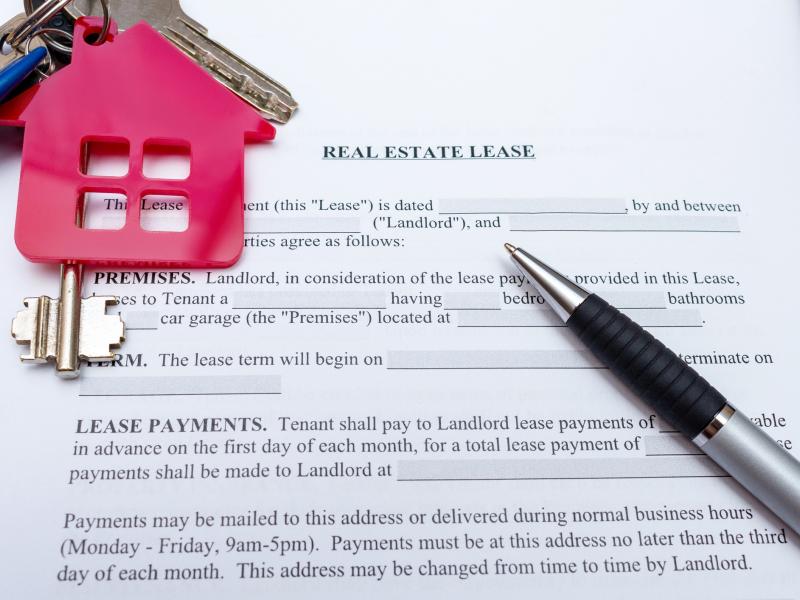
What does it take to be a smart landlord and avoid financial and legal pitfalls?
Owning rental property, and managing it yourself, is a job. You must know what is involved ahead of time before you decide to become a landlord.
If you've just purchased your first rental property, or if you have been struggling with rentals that you already own, you will benefit from following this advice.
Thoroughly check out prospective tenants.
Don't assume what they put on their application is true. Perform your due diligence on every tenant, or risk getting a bad tenant and go through an eviction process, or worse, which is never good for your investment.
- Submit the applicant's information to a credit reporting agency, which will research employment, payment and credit history, as a well as past residence addresses.
- Have a background check done that looks into criminal records and past evictions.
- Speak with their current landlord and ask if they would rent to them again.
- Verify all personal references.
- With unmarried couples, obtain credit/background checks on both and have each sign the rental agreement.
Spend the money to keep the rental in good condition.
React promptly when emergency maintenance issues arise and show your tenants that you care and are conscientious about maintaining the property. In return you will get their best behavior and respect for you and your property.
If you ignore maintenance of the property, the consequences may be nonpayment of rent, property damage, and vacancies which attract vandalism and squatters. When things break that are your legal responsibility, fix them right away. Do not own a rental that you would not be willing to live in yourself.
When a tenant moves out, replace whatever is needed to make the property attractive and justify the rental price. You will have happy renters who will take care of the property and appreciate what you do for them. They will stay there for many years, especially if you keep rent at a fair market price and avoid unnecessary rent increases.
Be well educated with the requirements of your state’s landlord-tenant laws.
You must follow the laws of your state or you will be sued, fined for civil code violations, and possibly become the victim of a violent tenant. New York State landlord-tenant law information.
Maintain a rainy-day fund for unexpected repairs.
Necessary repairs must be completed as soon as is reasonable. You can't tell your tenants they will have to take cold showers for a month before you can afford to put in a new water heater, or they must melt in the extreme heat for several weeks before you can have the A/C fixed.
In most states tenants have the right to install or repair items themselves and deduct the cost from their next month’s rent. And, you will have violated the warranty of habitability, which is a code violation that could drag you into court.
The key to successful landlord-tenant relationships is awareness of your responsibilities under the law and conscientious performance of your duties.

